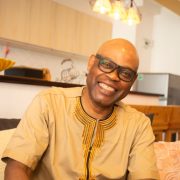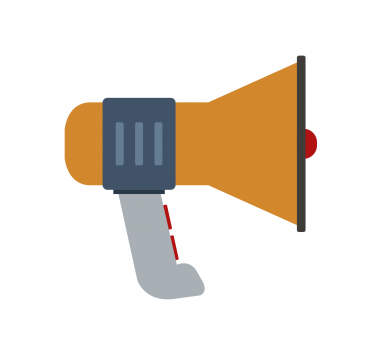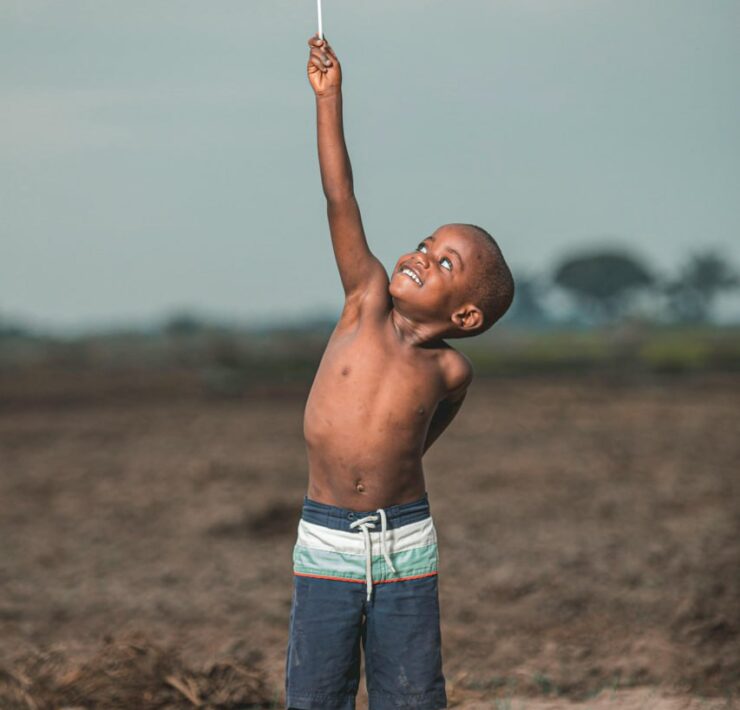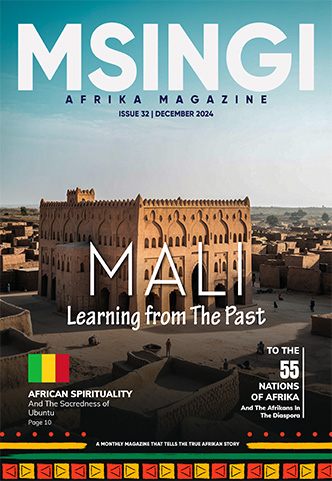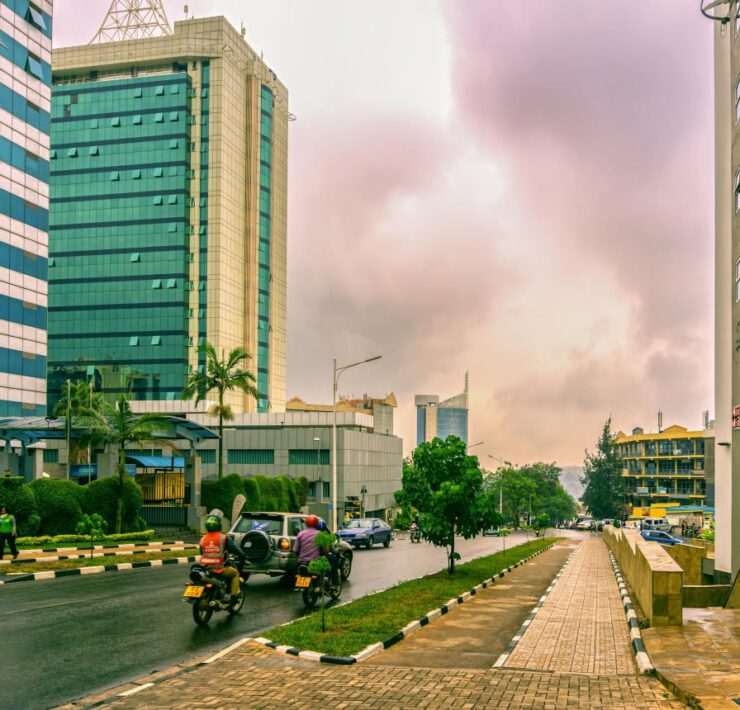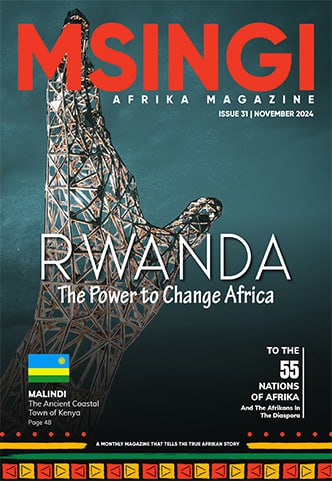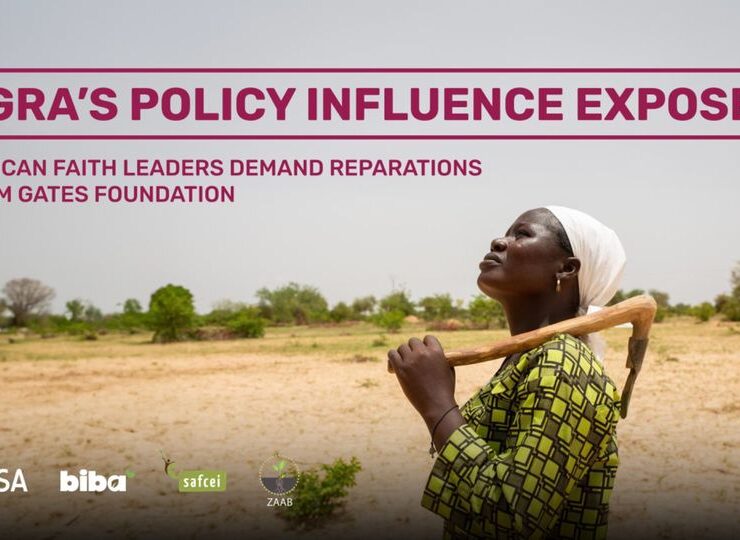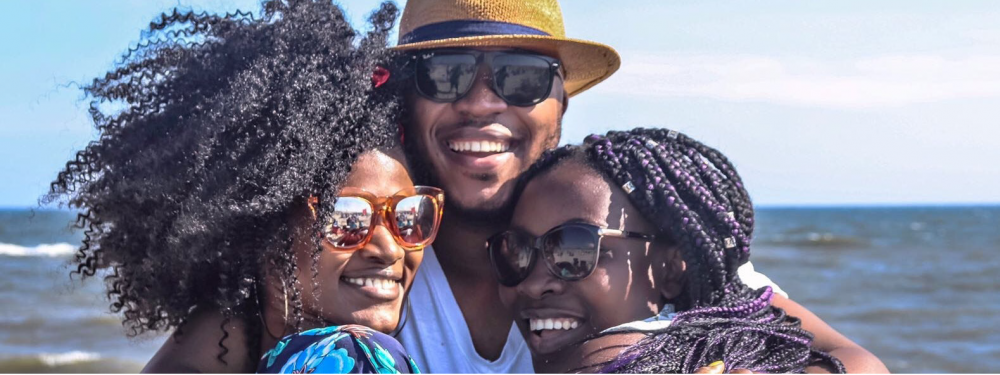
Samuel Phillips is a writer, graphic designer, photographer, songwriter, singer…
Read Next
CRIMINALIZING OUR COMMON UNITY
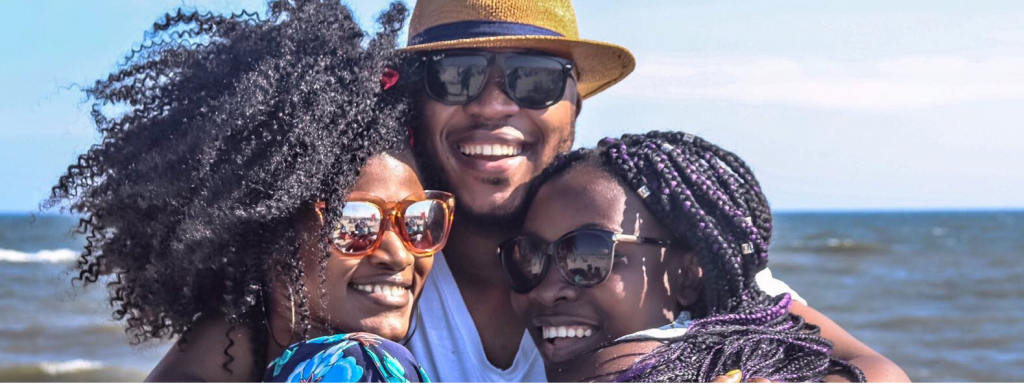
Growing up in Afrika, Nigeria to be precise, was one beautiful experience which, hitherto, also had its not too good side. As a young boy who loved passionately to create stories in my head of things that exist and of things I never dreamt could exist and with such patience to observe things, I kind of grew up with lots of wild pictures of what Afrika and Afrikans really look like. I believe so much in what Jesus said about as a man thinks so he is, and to take it further, as a man imagines on the inside, so he creates his own reality on the outside. I didn’t have much access to lots of places in Afrika while growing up. However, the few places I was opportuned to reach within Nigeria and things read from books, showed me something beautiful about Afrikans-the ability to live, to thrive in communities. And this communal lifestyle of living is not necessarily based on a winner-takes- all mindset, but true love for brotherhood driven by simplicity and compassion. The power of Ubuntu. Before the advent of the more sophisticated internet and mobile phone technology, the Afrikan common unity was the strength and uniqueness of the Afrikan people. We simply love to love.
I grew up knowing that the training and the raising of an Afrikan child is done by the collective strength of the community in which he or she lives, and that accurate discipline is meted out for erring children.
Life was simple, uncomplicated, not divided by the very same social media that was meant to make the world a global village. Well, we lost the true village and embraced the concept of virtual community that only exists in our heads. Social media has its good place, for whatever it is good for. But, we have somehow forgotten who we are as Afrikans whose hearts and minds were free to love and at liberty to give empathy. We now use social media to show the world how wicked, unthinking and unkind we have become. A man hacks another man to death with a machete, for stealing chicken while others stand by watching, not stopping him and then filming the cruel act for the world to watch on the internet. We have lost our sense of humanity to mindless things, creating weird robotic minds that lack respect for love
and empathy.
In the 80’s, 90’s and even in the early 2000’s, it wasn’t an issue for an undisciplined child to be disciplined by a total stranger on the street without raising any eyebrows. Older people around could discipline a child, take him or her to their parents, report the child’s misbehavior. Such parents, right in the presence of the stranger, would further discipline such a child, just so the stranger knows they are not in support of what the child did and thereafter thank the stranger for helping look out for the well-being of their child.
School then was largely about a good heart, character, godliness, love, discipline, healthy competition and not some overblown brains filled with twisted information and no wisdom for human connectivity. I grew up knowing that I could walk into any compound along the street with fruit trees in it and harvest whatever I wanted from the many fruit trees one would find around, without the fear of the owner making trouble with me. In fact, allowing you to do so, especially while coming back from school was a kind of reward for going to school. Afterward, such elderly owners, would sit you down, and then give you timely advice about staying in class and make sure you understood that you are the hope of the Afrikan future. Old age and being an elder was glorious and sweet back then. It was always sweet to hear such words from men we adored as wise, not backward or outdated.
Back in the day, taking photos on the street, in the garden, supermarkets (no shopping malls then) was really cool and seen as a way of bringing people together. We enjoyed our black and white photos, monochrome TV and when colored photos and TV started coming, it was a joy that the future had come to us. Little did we know that, the future brought with itself the demise of our common unity. For what we have now is the criminalization of the very things that held the Afrikan people together. For in this day, to discipline a child (even by the parents) is called child abuse because some people somewhere outside of Afrika said so and Afrikans believed it. To walk into a compound to get fruits is now considered trespassing on private property. To take photos of the very street and neighborhood where you grew up is now considered terrorism or at best you are interrogated by some unthinking security guard and asked all manner of senseless questions.
As a photographer myself, I can speak from experience of how much spontaneous creativity is killed by such harassment. I was at a shopping mall in Nairobi a few weeks ago with my wife. We saw this florist’s shop with beautiful flowers. I wanted to take some photos, so we asked the florist if I could. He said yes with this ease on his face. But the moment I told him I was using a camera and not a phone, his face changed and he immediately said no. I am like how is that? He didn’t answer, but muttered and said that since it’s a shopping mall, that even the mall security would not allow me to use a camera but they would allow the use of the phone. I was pissed off and instantly lost the creative drive to even try it with a phone. I was more pissed off at the hypocrisy on which the entire story is rested, than of not taking photos of those beautiful flowers.
Today’s technology doesn’t make much difference between photography by phone or photography by camera. In my head, I knew what the issue was. The fear of terrorism. How mindless and foolish that sounds. Why? If I was a terrorist, for example, and I wanted to conduct secret surveillance of that mall, is it not much more convenient for me to use a smart phone that can do almost as much as a computer can do, rather than use a camera? And also phones are more secretive than cameras. Someone probably sold that narrative that camera photography in a shopping mall allows terrorism to thrive and my Afrikan brothers swallowed the nonsense. At least for me, it does not make sense. And this list goes on and on and we are not stopping to ask ourselves, how did we get here?
We have become so programmed now that, the sight of a Somali carrying a bag makes us think of terrorism. The site of a Nigerian driving a fine car on the street makes us think of internet fraud. I am just using these two as examples. Somewhere we have learnt to tag our Afrikan brothers with tags that are not accurate, based on nationality, simply because some Somalis or Nigerians have shifted away from
the truth of who they really are and who God called them. But the question is this, who created the terrorist group Al-shabbab, or who owns the banks through which money from internet fraud is ferried across borders? Your guess is as good as mine. For the very people we call to help us deal with terrorism, created the menace. And those we call to help with money laundering, have their economies resting on the very proceeds of that same corruption. Who then is fooling who? We don’t like ourselves as Afrikans Anybody can say whatever they like or assume whatever they want to assume, but its clear that the governments of Afrikan nations and even Afrikan citizens themselves hide their disdain for other Afrikan citizens in their nations and then call it national security. We have learnt to be used by foreign powers to criminalise the very things that make for our common unity as Afrikans. The health of Afrika Afrikan medicine is not witchcraft, as the world has narrated, and as Afrikans themselves have accepted. For to call it witchcraft will be to call God a wizard who graciously put man’s healing in his green food. See Genesis 1:29-30, Ezekiel 7:12 and Revelation 22:2.
The Afrika I grew up in as a child was mindful of eating lifestyles, healthy diet, love, brotherhood, community. And when sickness or disease show up, grandpa knew what leaves, roots, tree bark and seeds to boil for the sick to take in or apply and sickness would go away. We have to re-direct our minds back to the paths that work. How long shall we lose our people to diseases and all the other “evils”
created by the same people we bow to? How did we get here? How long till we realize that we have walked away from the true Afrika that loves to love?
Think about it. Shalom.
Note: Child discipline doesn’t necessarily have to be physically harmful.
Subscribe now for updates from Msingi Afrika Magazine!
Receive notifications about new issues, products and offers.
What's Your Reaction?
 PIN IT
PIN ITSamuel Phillips is a writer, graphic designer, photographer, songwriter, singer and a lover of God. As an Afrikan content creator, he is passionate about creating a better image and positive narrative about Afrika and Afrikans. He is a true Afrikan who believes that the true potential of Afrika and Afrikans can manifest through God and accurate collaborations between Afrikans. Afrika is the land of kings, emperors, original wisdom, ancient civilizations, great men and women and not some road-side-aid-begging poor third world continent that the world finds joy in undermining.









